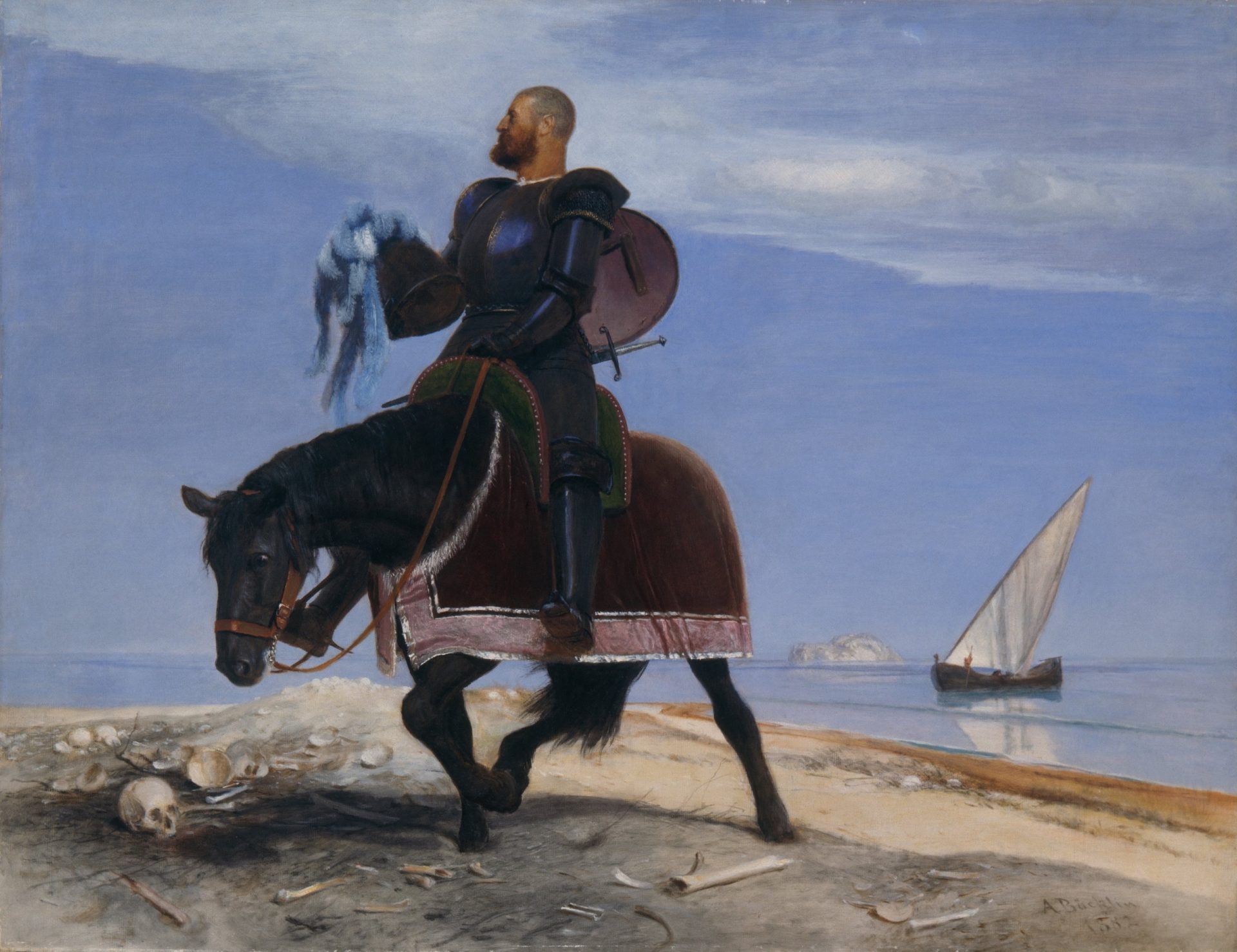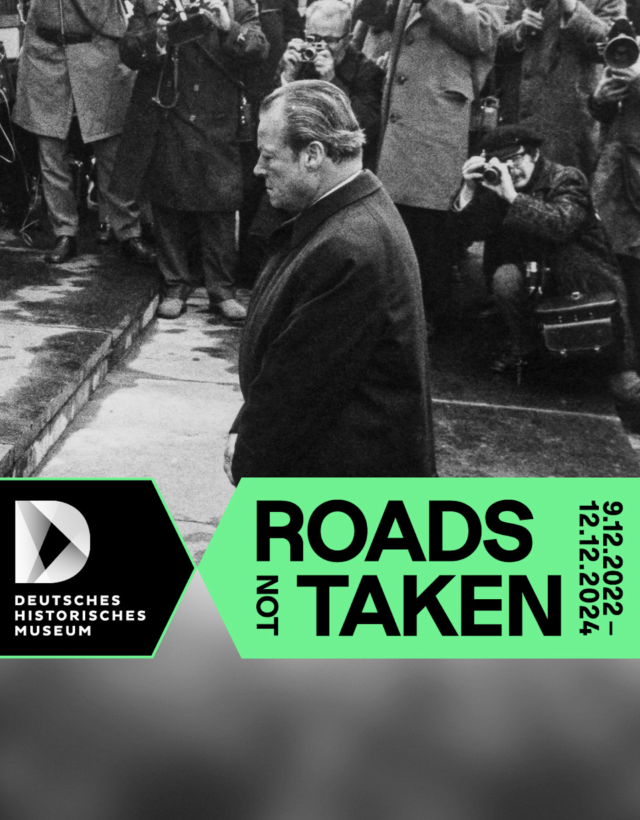
In his 1900 novella Heart of Darkness, Joseph Conrad coined a metaphor for the abysses of colonial violence, that criticism, cinema and reality have since driven through the centuries and around the entire world. Read not as a description of Africa but as a portrait of European colonialists, the text continues to amaze today as a vivid capture of the basic elements of colonial self-aggrandisement, conquest, exploitation, destruction and self-destruction that have remained stable over centuries.
Two developments in the last twenty years have revitalised Conrad's metaphors: first, the greatly increased interest in European colonial history and its long-term consequences. Secondly, the complex question of how the long history of domination and violence of European colonialism should be related to the short Nazi rule over Europe. The question of how far the National Socialist empire of destruction, including the Holocaust, is to be understood as part of European colonial history.
The series of parallels between colonial regimes of violence, Nazi rule and their plans for the future is indeed as long as it is striking. These include, in addition to racist principles of order, the violent biographies of many actors, the importance of collaboration, the creation of different legal regimes, partisan warfare, the role of distance, secrecy and camouflage language, the camps and the extermination of entire populations. Along the guiding concept of special experience zones, the project seeks a narrative and analytical approach to perceptions, experiences and deeds in colonial spaces that would have been unthinkable outside these zones. However, as the empirically grounded comparisons progress, the limitations of this parallelisation also become clearer. With regard to the murder of European Jews and other aspects of National Socialist murder policy, the points at which the policy of extermination in occupied Europe departs from colonial traditions and can no longer be meaningfully classified within them are to be determined more precisely.
Finally, the parallels between these complexes of violence include everything that is (not) said and told about them in the aftermath. The last part of the project is therefore dedicated to the complex of so-called "memory" - a term that is increasingly used when referring to political interpretations, politics of history and the use of historical comparisons as a political weapon. Historical representation, historical comparison and political debates on interpretation are three different fields that touch each other but are not identical. The focus of the study is thus on the empirical search for similarities and differences in violently created special experience zones. The analysis of the political uses of historical comparisons is seen here as a separate field into which historical research is increasingly drawn, and which will probably shape interpretive debates about a history of violence in the 20th century for a very long time to come.


